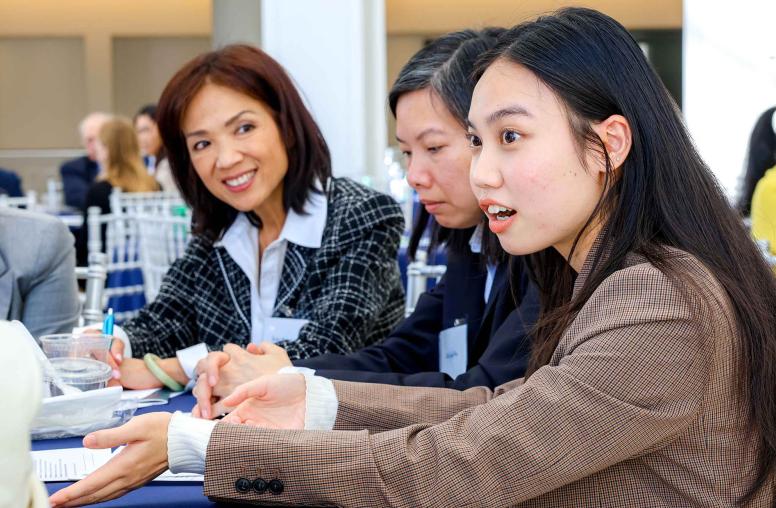Episode 39 - Illana Lancaster
As part of USIP's 60 days of engagement around the intersections between youth, gender and peace, in this episode of the Peace Frequency we speak with Dr. Illana Lancaster about creating inclusive classrooms. Illana holds a master’s degree in secondary education and a PhD in international education policy. Her 2008 dissertation explored the role of race, class, and gender in school-related violence in secondary schools in Johannesburg, South Africa. She is a senior program officer in the USIP Academy where she specializes in curriculum and training design and delivery, trainer development and university partnerships. Illana discusses her experience as an educator and why inclusive education is critical to building more peaceful societies. She offers techniques and strategies for applying a gender lens in the classroom and answers incoming questions from the audience.
The Peace Frequency presents in-depth interviews with ordinary people doing extraordinary things to create a world free of violent conflict. It is produced by the U.S. Institute of Peace Academy.


